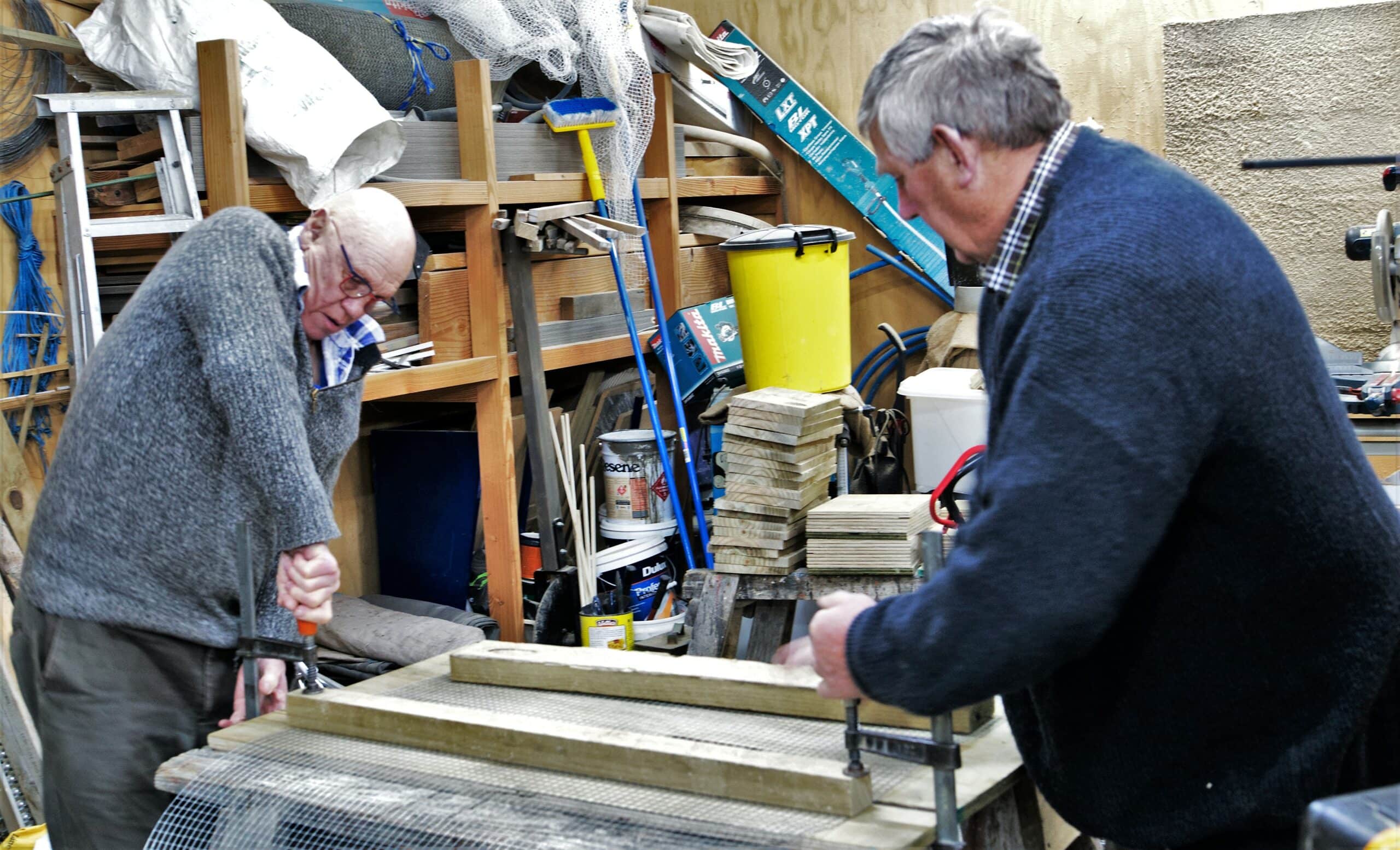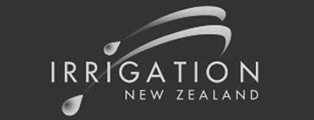
Pleasant Point and Fairlie residents with a concern for protecting New Zealand’s wildlife will soon be able to borrow from a trap library being set up in both towns.
The initiative is being supported by The Department of Conservation (DOC), the Pleasant Point Lions Club and Opuha Water Ltd (OWL).
“One of the major obstacles to achieving New Zealand’s goal of becoming introduced predator free by 2050 is that no matter how much predator control is done in natural areas, the risk of reinvasion by pests from urban areas remains high,” says Tim Exton DOC Regional Predator Free Ranger for Canterbury. “Rats, possums, stoats, feral cats and hedgehogs kill millions of our native birds, lizards, insects and other invertebrates every year. By making it easier and less expensive for people in urban areas to trap pests, we can reduce predator pressure on our native species, with the added bonus of bringing native bird song back to our gardens and parks.”
Exton says DOC is also protecting a population of native long-tailed bat (classified as ‘vulnerable and decreasing’) on the Opihi River/Te Ngawai River/Kakahu reserve and over into Geraldine. Urban pest control will complement this programme.
Opuha Water Ltd (OWL) is providing funding for the materials the Pleasant Point Lions Club volunteers will use to make the familiar wooden box DOC200 traps (effective for rats and stoats ) and rat tunnels with Victor rat traps.
“How it will work,” says Neville Burt from Pleasant Point Lions Club, who will act as administrator of the Pleasant Point Trap Library, “is that people will be able to borrow traps for a small fee, for up to two months to help control introduced predators on their properties. The traps are easy to use and meet humane standards. We are encouraging people who borrow traps to report their catches because it adds to DOC’s information about the extent of introduced pests and will help assess the success of the libraries by comparing trap catches in the early days of their operation against those in later years.”
In addition to the DOC200s and rat tunnels, people can also borrow ‘Flipping Timmy’s’* to control possums, and live-capture cage traps for feral cats.
“Our aim,” Exton says. “is to deal with the urban predator and that means treating our family friendly cat with respect, while dealing with feral cats.”
Environmental Manager for Opuha Water Ltd, Julia Crossman, says supporting the trap libraries is a natural extension of the work OWL is doing throughout its scheme in the Opuha/Opihi catchment.
“We are very aware of the fact that it is a privilege and responsibility for us to operate in this environment. Supporting the removal of introduced predators so we can see our natural biodiversity expand and thrive, complements OWL’s long-term goal of creating a biodiverse corridor from the mountains to the sea.”
Additional to the support for the trap libraries, OWL is working with its shareholders on biodiversity plans throughout the scheme, and is commencing a long-term biodiversity enhancement project on Lake Opuha island and lake margins.
It is hoped that the library in Pleasant Point will be ready to launch at the Pleasant Point Farmers Market on Sunday 25 September. A date has not been set yet for the opening of the Fairlie trap library, but it should be ready in September. The Fairlie trap library is being supported by Mackenzie Community Development. The Pleasant Point Lions Club volunteers will make traps for both libraries.
Exton and Burt are also working with Golf NZ and Golf Canterbury on the prospect of a national ‘predator free golf course’ programme.



